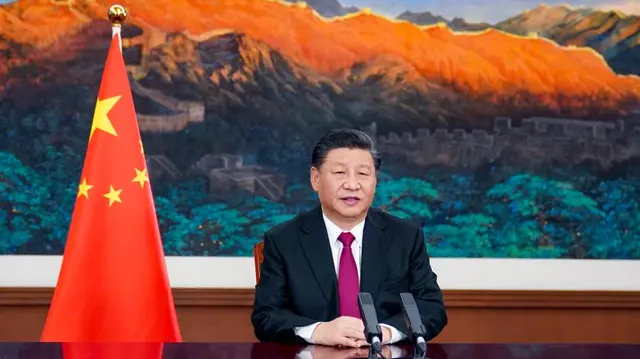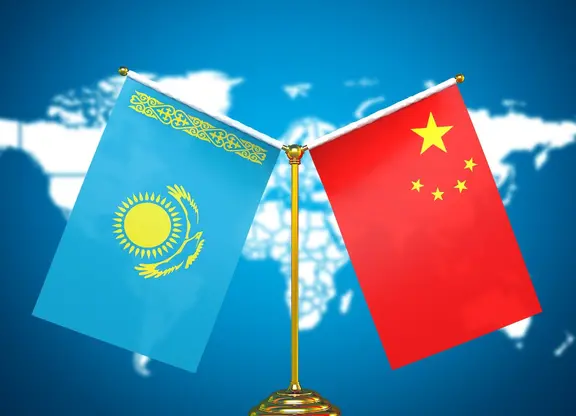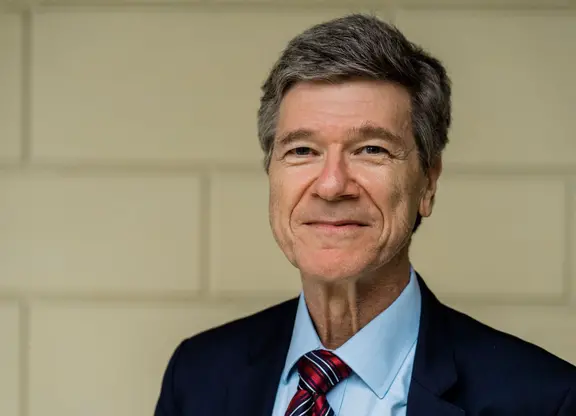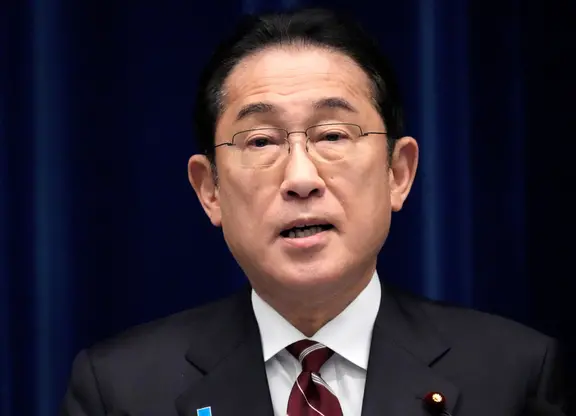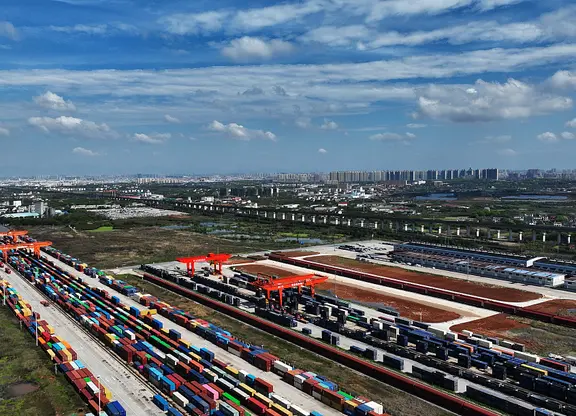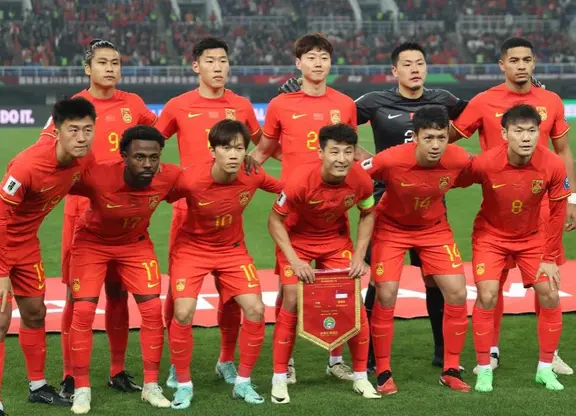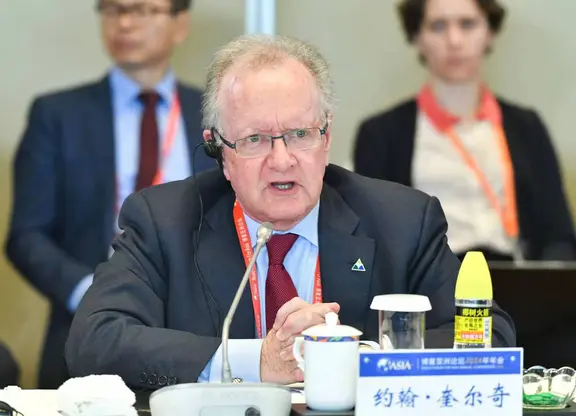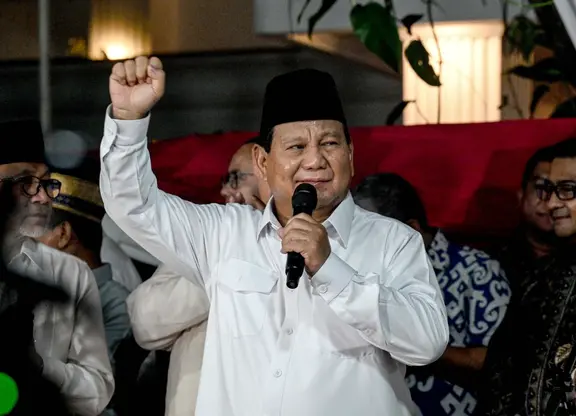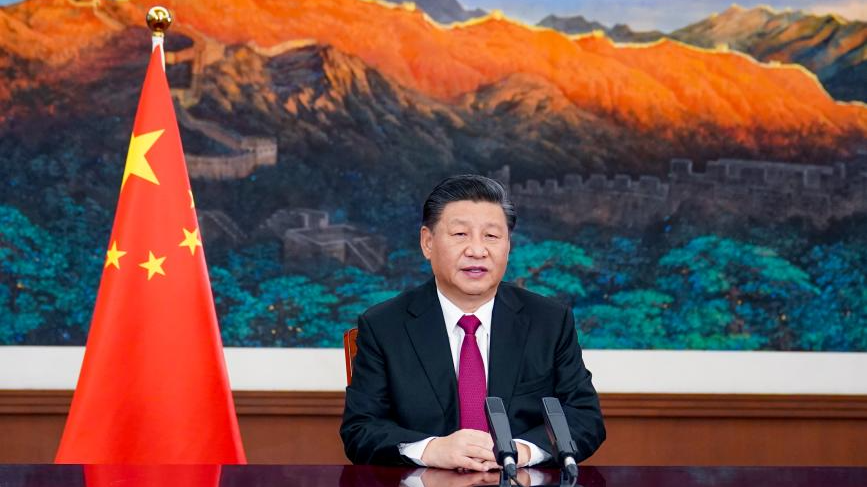
Chinese President Xi Jinping attends the World Economic Forum (WEF) Virtual Event of the Davos Agenda and delivers a special speech in Beijing, capital of China, January 25, 2021. /Xinhua
Editor's note: Andrew Korybko is a Moscow-based American political analyst. The article reflects the author's views and not necessarily those of CGTN.
Chinese President Xi Jinping's virtual appearance at this year's Davos summit urged global cooperation for the post-pandemic world. He reminded everyone that the pandemic is still far from over, but emphasized that everyone must remain committed to multilateralism, international law, and embracing change.
To this end, he set out four tasks to achieve: macroeconomic policy coordination; abandoning ideological prejudice; lessening international developmental inequality; and coming together to tackle global challenges.
In connection with those tasks, Xi also proposed that the international community remain committed to the following solutions: openness and inclusiveness; international law and international rules; consultation and cooperation; and keeping up with the times. As proof that China is doing its part, he reaffirmed five of its policies: active international cooperation on COVID-19; win-win strategy and opening-up; sustainable development; scientific, technological, and innovation developments; and a new type of international relations.
Taken together, Xi's keynote speech was a timely reminder of what the world must do to get back on track after the past four destabilizing years of Donald Trump's presidency. Each point he made implicitly contrasts with the former American leader's vision and practically repudiates it. Where Trump wanted a new cold war with China and decoupling, Xi sees consultation and macroeconomic cooperation, for example. As evidenced by Trump's electoral loss, even his fellow Americans ultimately rejected his approach.
It's at this very sensitive point in time as the new Biden administration enters office and the world struggles to contain the latest wintertime resurgence of the COVID-19 pandemic that it's extremely important that all members of the international community are on the same page.
In fact, it can even be argued that one of the reasons why the last year was so difficult for everyone is because Trump's America refused to cooperate with the rest of the world, instead unsuccessfully seeking to exploit the pandemic for purely political purposes.
Trump's irresponsible policy failed to achieve both its domestic and international goals in his nation. More Americans have died during the pandemic than during World War II, and Trump ironically made America weaker on the world stage than it's ever been since the onset of its global rise a century ago at the end of World War I instead of "great again" like he promised. The consequences were disastrous and the international community is still trying its best to recover from the damage that he dealt during only four years in power.
It's for this reason why Xi's speech at this year's Davos summit was so significant. The world is craving leadership, and while newly inaugurated U.S. President Joe Biden has signaled his intent to re-embrace the international community, his team has only been in office for less than a week.
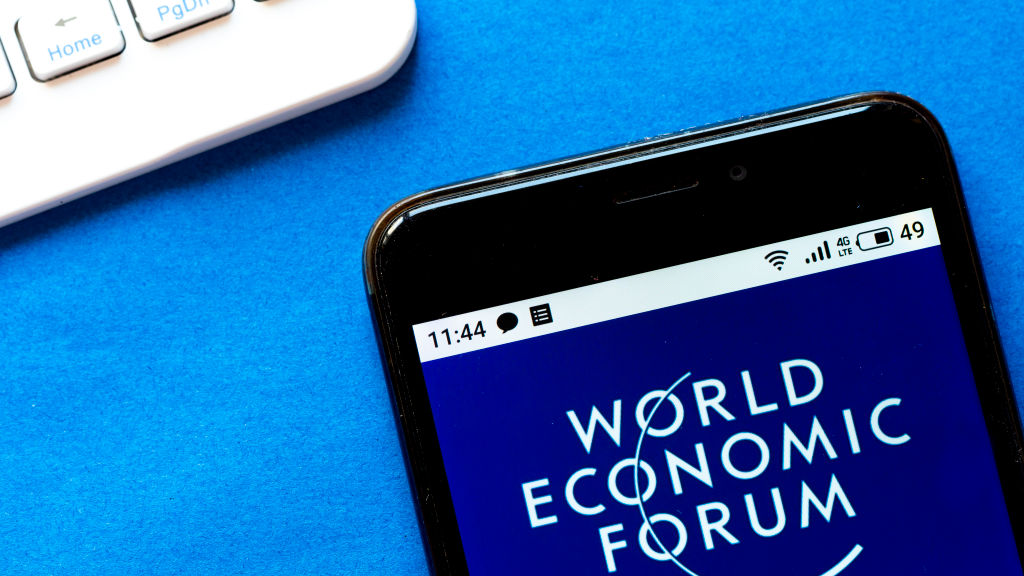
A World Economic Forum logo seen on a smartphone. /Getty
China's government, by contrast, has consistently sought to advance mutually beneficial solutions to pressing international challenges for many more years already and crucially has experience operating during the past year's events.
As Xi wisely noted during his address, "History is moving forward and the world will not go back to what it was in the past." Even the most rabid anti-China hawks in America can't reverse time and go back to what they fondly regard as the halcyon days of their country's unipolar superpower supremacy. Unlike the U.S., China is actively lending a helping hand to its fellow members of the global South and strictly abiding by international law in all respects.
The sooner that the U.S. accepts this, the better it'll be for the rest of the world. The international community cannot fully recover from the past year's epidemiological and economic devastation without America playing its part by helping everyone else.
The tasks, solutions, and policy reaffirmations touched upon by Xi during this year's Davos summit point everyone in the right direction, but it's incumbent upon the Biden administration to reciprocate these pragmatic outreaches in order to make the world a better place.
(If you want to contribute and have specific expertise, please contact us at [email protected].)
 简体中文
简体中文

